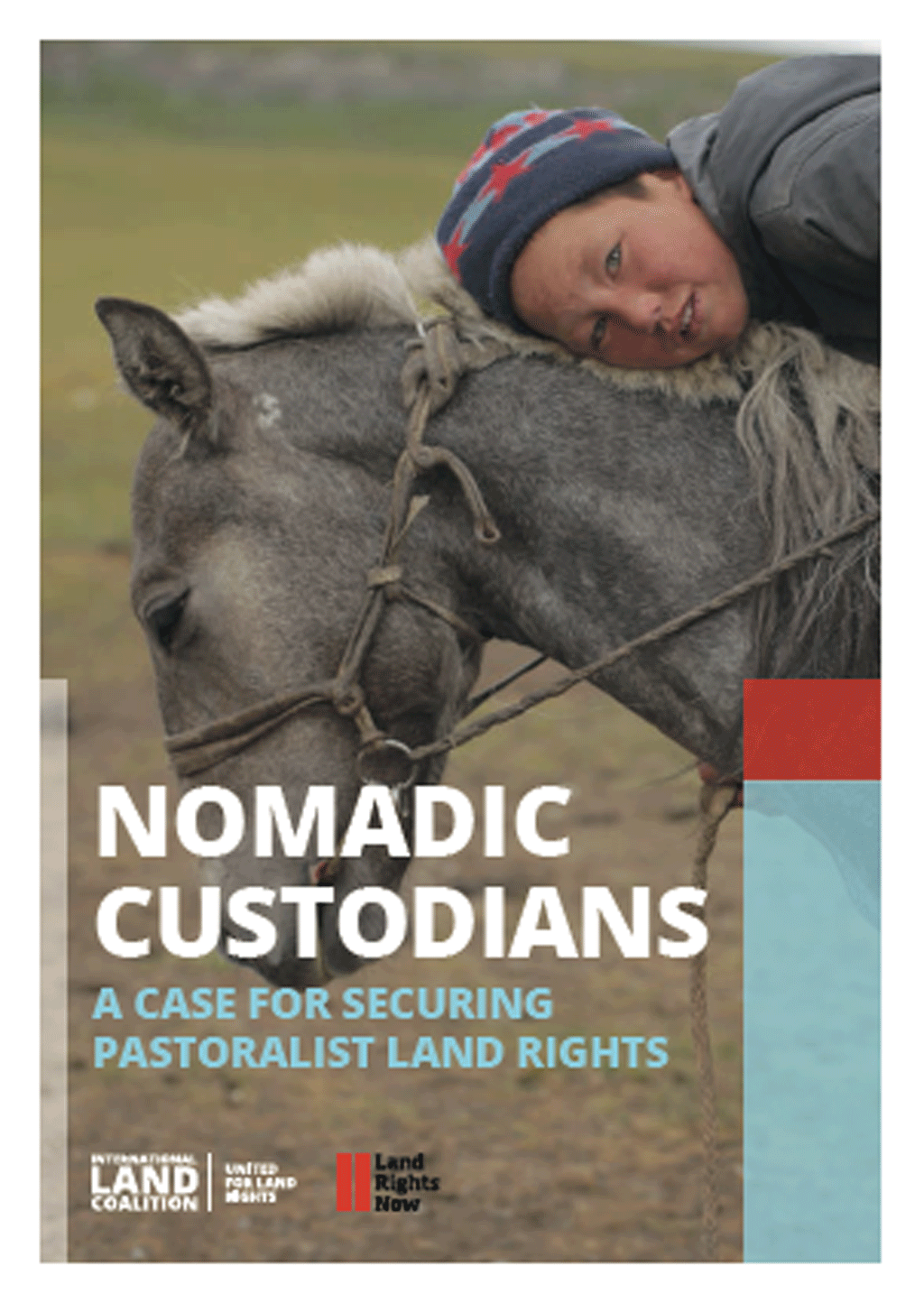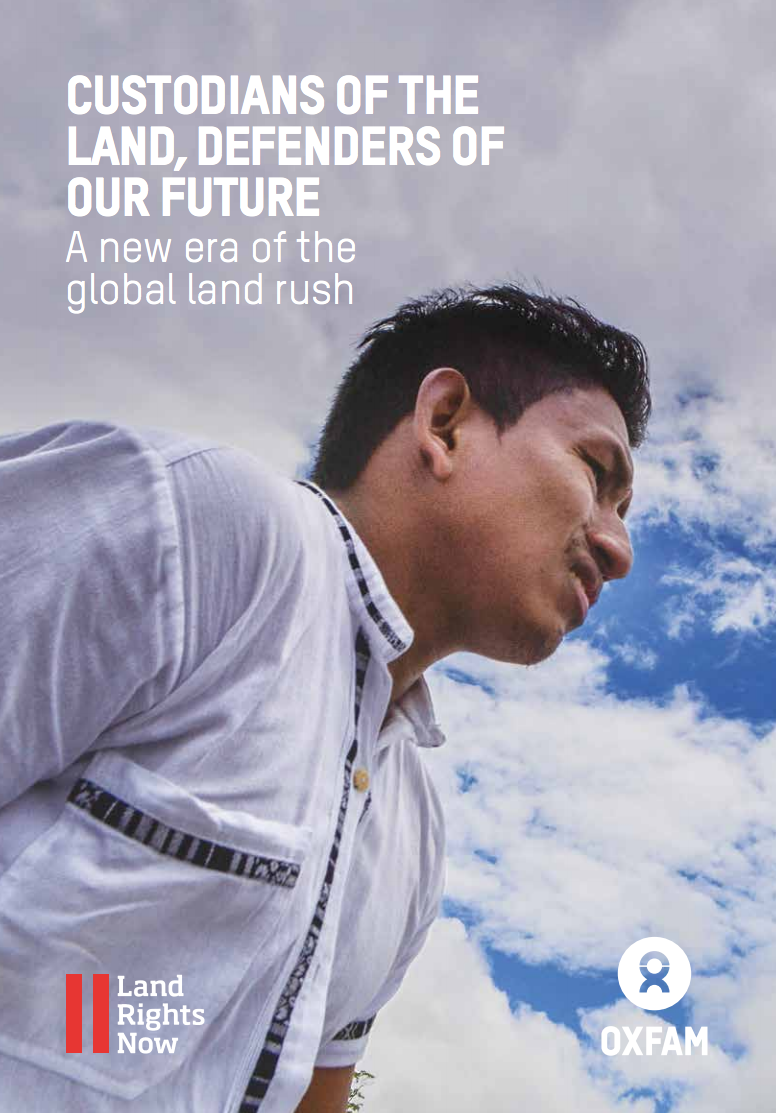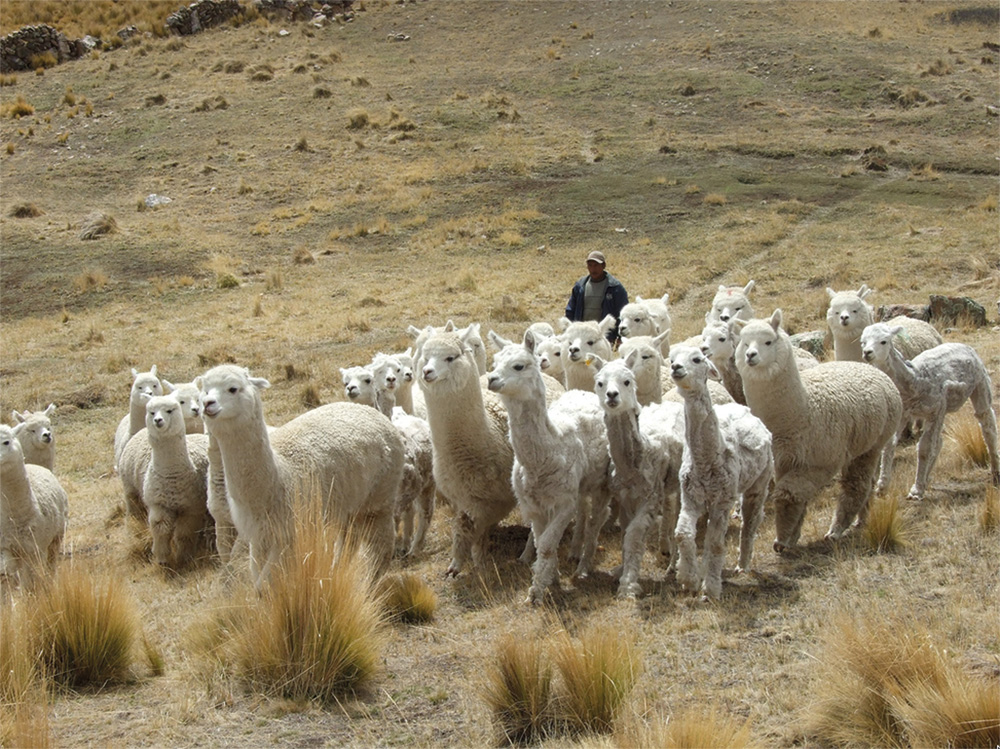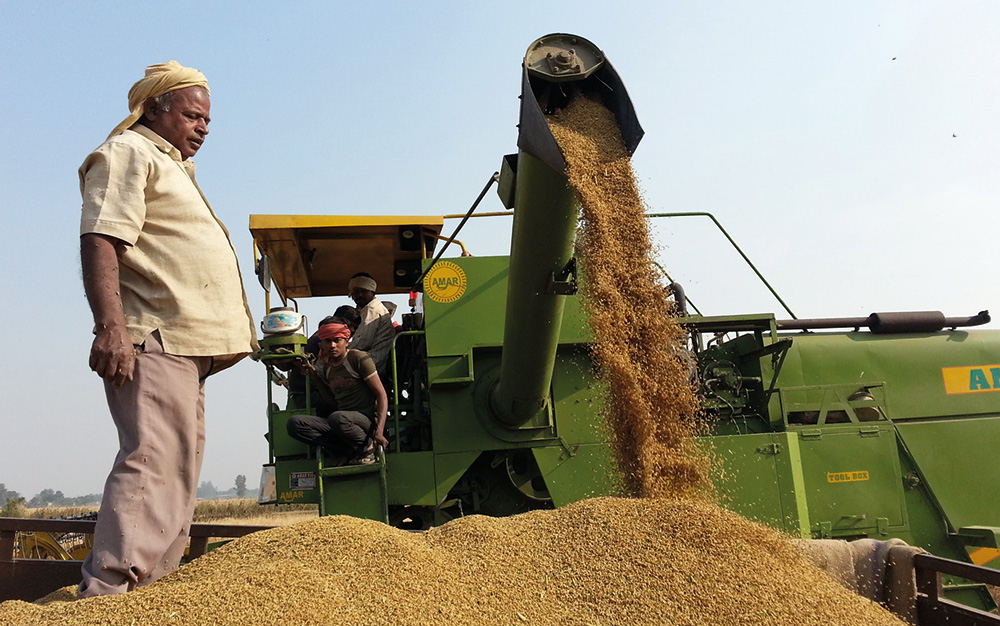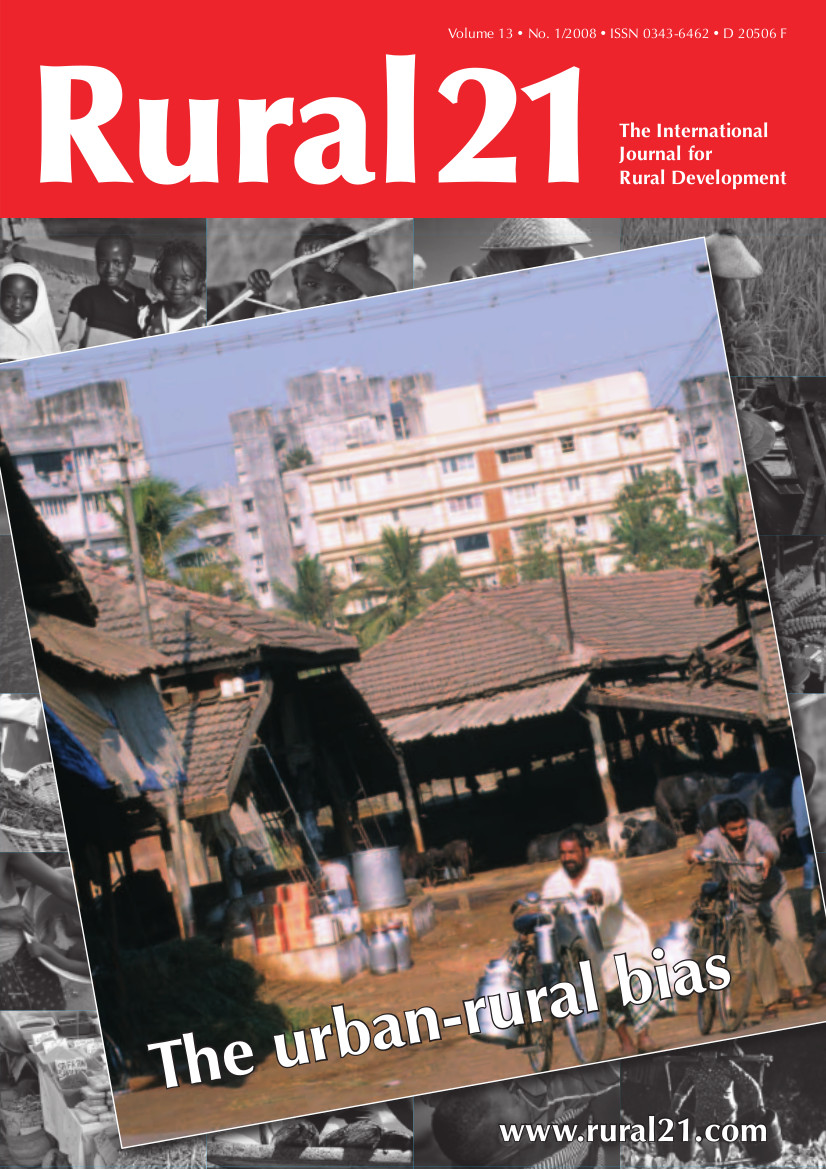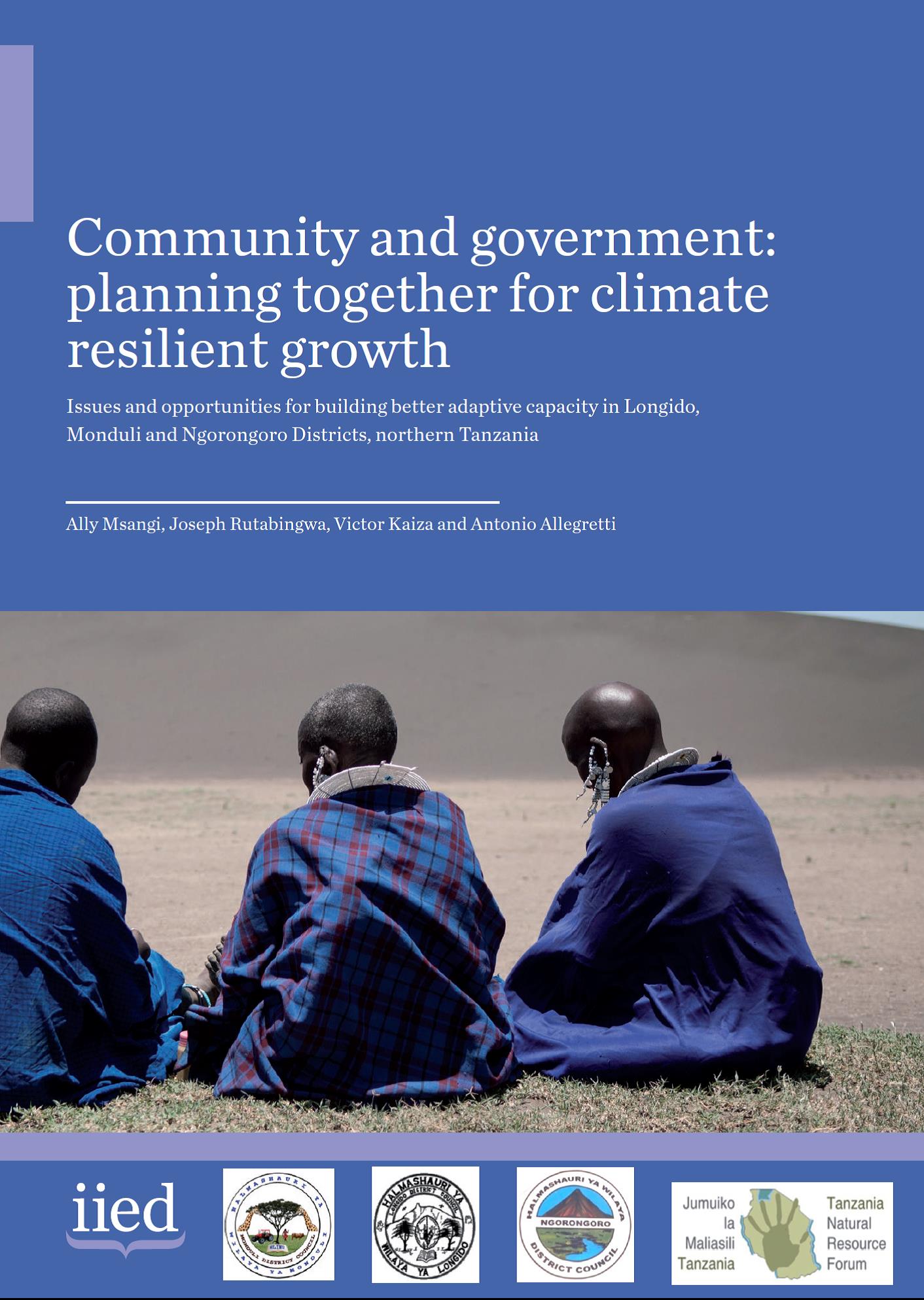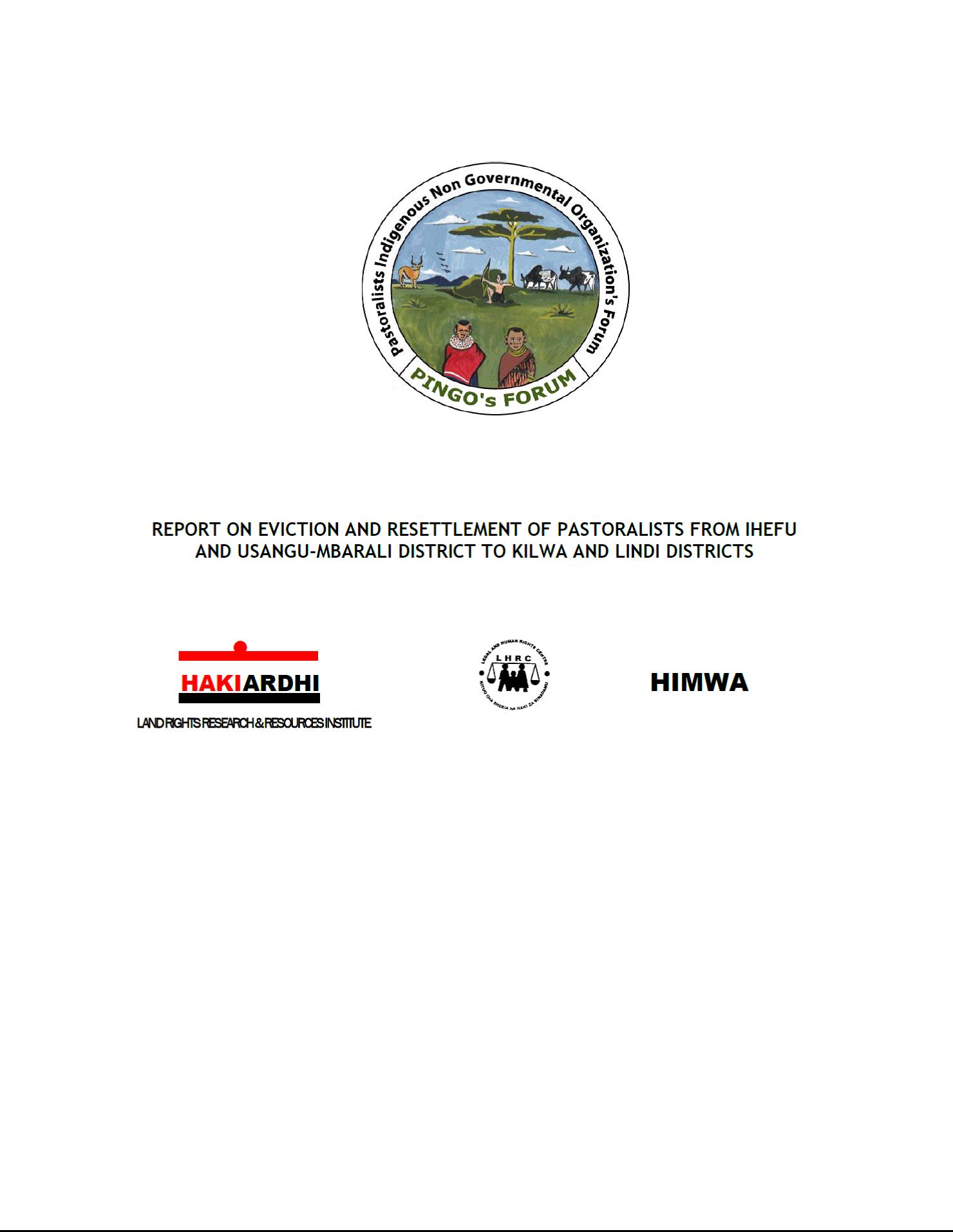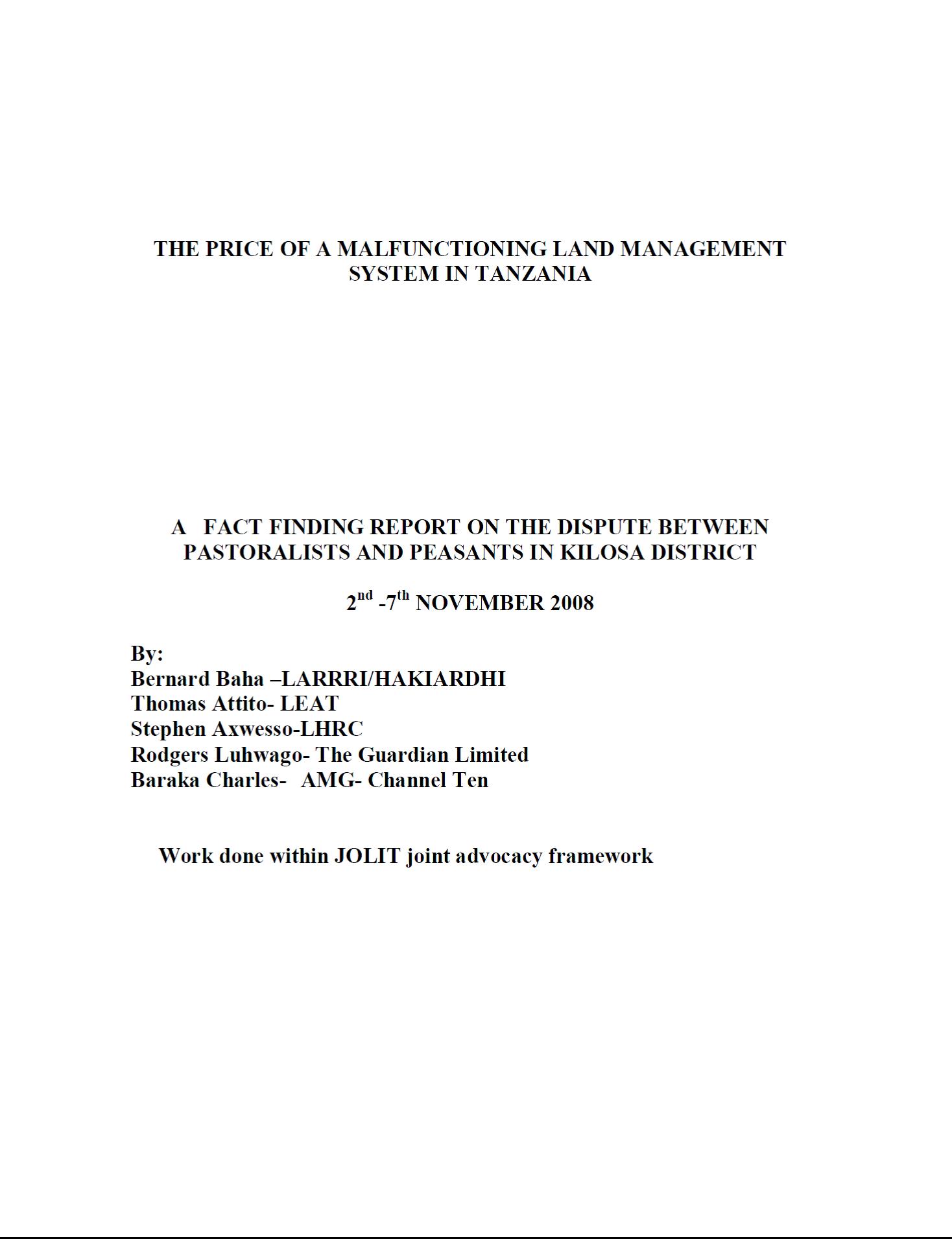Nomadic Custodians: A Case for Securing Pastoralist Land Rights
As part of the Global Call to Action in Indigenous and Community Land Rights, this brief puts the spotlight on the need to secure land rights for the world's pastoralists, as pastoralism is practised by an estimated 200-500 million people. Pastoralists manage rangelands that cover a quarter of the world's land surface but have few advocates.
"Pastoralists have been widely accused of being economically inefficient and turning their ‘over-grazed’ pastures into deserts. But these presumptions are not based on evidence and are usually very wide of the mark."

